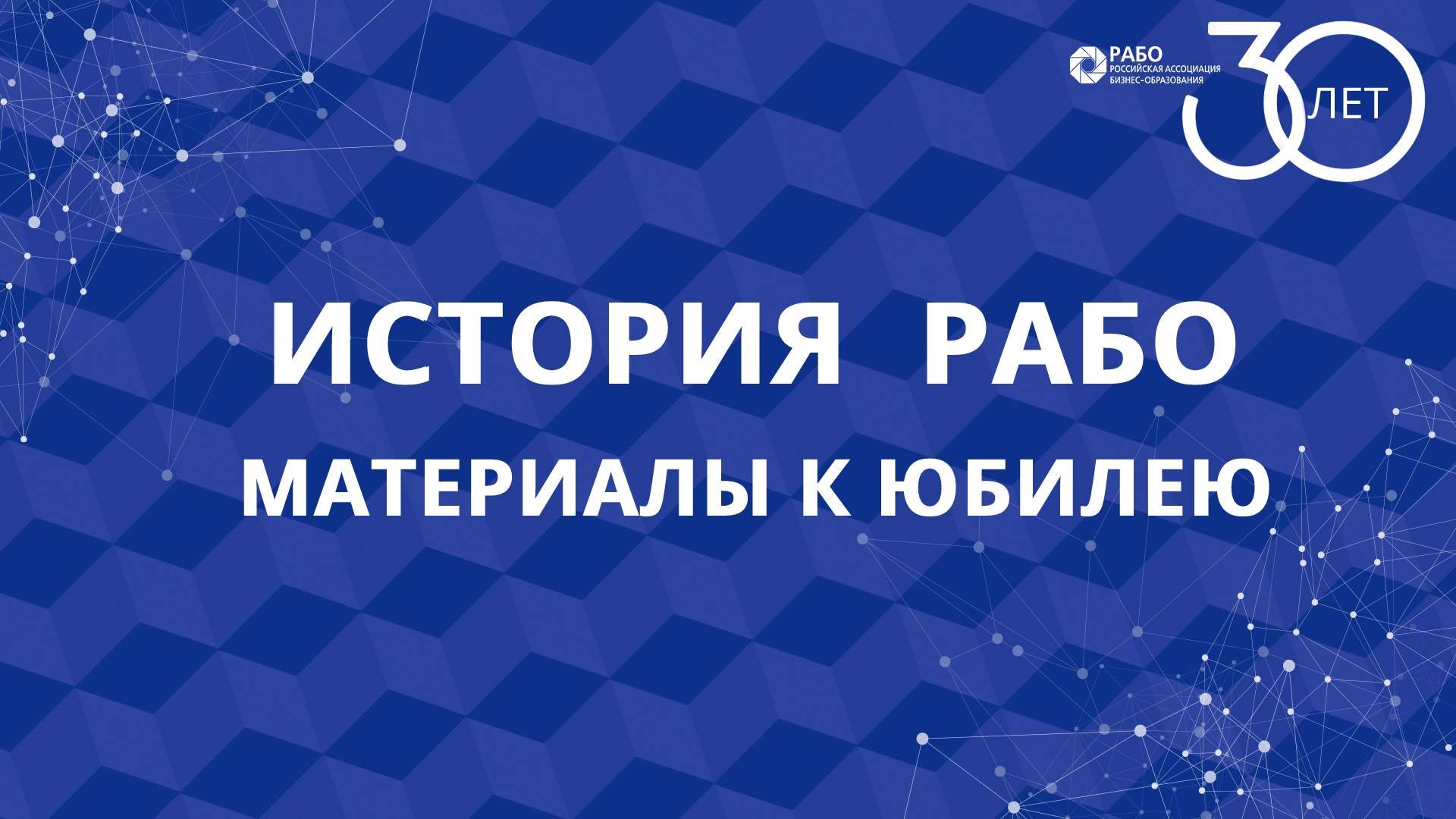International political theory
С открытой датой
Описание мероприятия
Язык обучения: английскийОписание программы
This course develops, extends and deepens theoretical topics covered in IR1011 Introduction to international relations, as well as introducing students to a range of new texts, theories and concepts. International political theory is about different ways in which the nature of international politics may be explained, understood and judged. As a topic it is focused on theoretical texts and concepts (rather than empirical, historical material).
The aims and objectives of the course are to:
- give an account of different frameworks of thinking about international politics
- acquaint students with ideas, concepts and texts in international political theory, both classical and modern, in their historical context
- introduce students to issues of methodology in the study of international politics
- enable students to think critically about alternative ways of explaining, understanding and judging international politics in the early 21st century.
Assessment
This course is assessed by a three-hour unseen written examination.
Учебный план:
Contributions to theorising international politics in the tradition of Western political theory. This will include examining the ideas of Thucydides, Augustine, Machiavelli, Hobbes, Grotius, Rousseau, Kant, Marx and Weber.
Dominant theories of international politics from the foundation of international relations as a discipline in 1919 to the end of the Cold War: a) Liberalism (liberal internationalism, pluralism, interdependence, neoliberalism); b) realism (classical political realism and neo-realism); c) international society; d) Marxism/ structuralism (dependency, world-systems theory).
Critical theories of international politics: a) critical theory; b) post-structuralism; c) feminist theory.
Methodological debates: a) can IR be a science? b) structure and agency in explaining international politics; c) constructivism.
Theorising international politics in the 21st century: a) normative discourse in international politics; b) unipolarity and the question of empire; c) cultural bias in IR theory.
Результат обучения:
At the end of this course and having completed the essential reading and activities students should be able to:
- demonstrate knowledge of different frameworks for thinking about international politics
- demonstrate knowledge of a range of ideas, concepts and texts in international political theory and the historical contexts in which they arose
- distinguish and evaluate different methodological approaches within the study of international politics
- evaluate the strengths and weaknesses of alternative ways of explaining, understanding and judging contemporary international politics.
Требования к поступающим:
If taken as part of a BSc degree, courses which must be passed before this course may be attempted:
- IR1011 Introduction to international relations.




